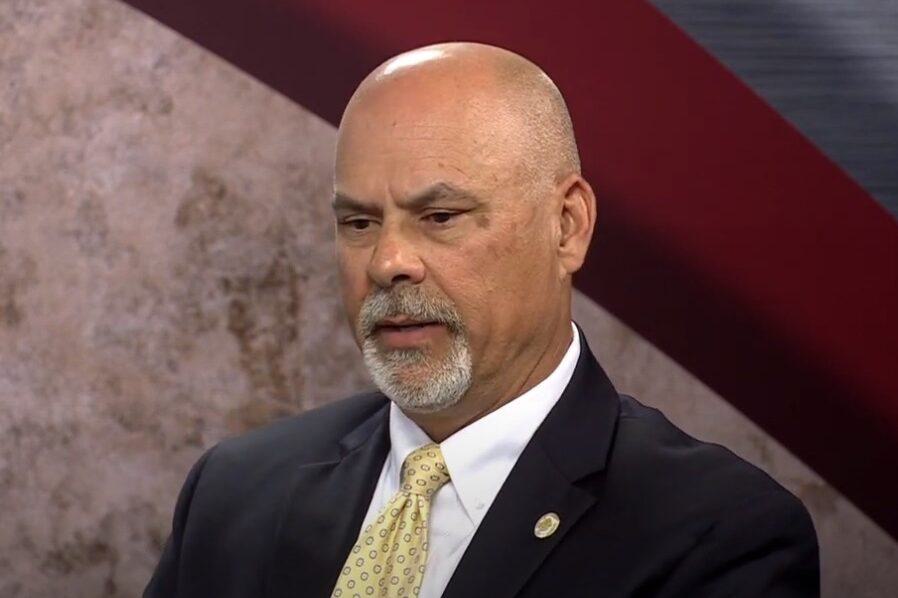Alabama Department of Corrections (ADOC) commissioner John Hamm praised the state's revamping of its lethal injection protocols after the successful lethal injection execution of Jamie Ray Mills.
Mills' execution took place Thursday evening. The process went smoothly and occurred on time, not running late into the evening and following morning like many previous attempts in the state.
SEE: Convicted double-murderer Jamie Mills executed by lethal injection – 'I love you all, Carry on'
The State of Alabama faced several challenges last year in carrying out lethal injections. The state called off two executions because ADOC employees could not establish an IV line.
In September 2023, ADOC called off Alan Eugene Miller's execution after officials failed to establish an IV line to administer the lethal chemicals in the state's protocol before the midnight death warrant deadline. Months later, in September 2023, Kenneth Eugene Smith's execution was also called off for failure to establish an IV line.
RELATED: Attorneys claim Kenneth Eugene Smith suffered 'pain and torture' in botched execution
Due to the botched executions, Ivey asked Attorney General Steve Marshall to withdraw the state's remaining motions before the Alabama Supreme Court to set execution dates for death row inmates.
Ivey also asked Marshall not to seek additional executions until Hamm can "undertake a top-to-bottom review of the state's execution process and how to ensure the state can successfully deliver justice going forward."
Since the review, the State has successfully carried out two executions, one by lethal injection and the other was the first-ever successful execution using nitrogen hypoxia.
In addition to new rules related to death warrants, Hamm told reporters Thursday evening after Mills' execution that they had new IV team members, which he said helped contribute to Thursday's "smooth" execution.
ADOC officials establish two IV lines when setting an inmate up for execution. Hamm said the team established both IV lines on the first try within four minutes. Hamm also attributed the U.S. Supreme Court's swiftness in denying Mills' final petition to stay the execution as a contributing factor.
"The Supreme Court issuing their order when they did, we were able to get everybody in place and coordinate a smooth, efficient movement and start at six o'clock," Hamm said.
He continued, "As y'all well know, we did a pause on our executions and went top to bottom over it and got new IV team members, and I think they're certainly very skilled in what they do."
To connect with the author of this story or to comment, email craig.monger@1819news.com.
Don't miss out! Subscribe to our newsletter and get our top stories every weekday morning.










